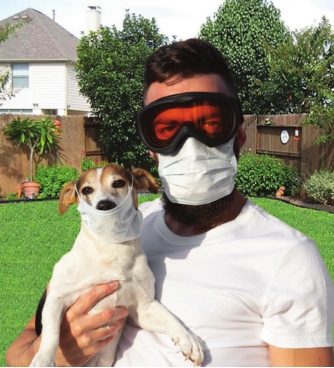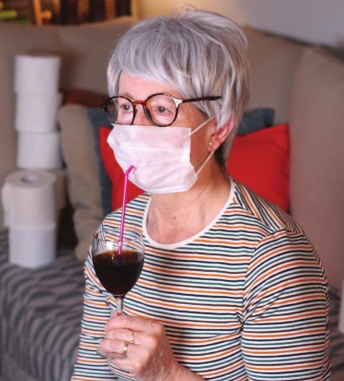Facts You Should Know About Covid -19 (Sars-Cov-2)

Separating fact from fiction about Covid virus.
COVID-19 is now a part of almost every decision we make. Choices from whether to send our children to school versus home-based learning, buying groceries in the store versus having them delivered, dining in a restaurant versus picking up food, traveling in a car versus a plane, and the list goes on. In order to make informed decisions, below is a list of COVID-19 facts based on the best available information from the CDC and the World Health Organization.
FACT #1: COVID-19 is NOT just like the flu.
SARS-CoV-2 causes an illness (COVID-19) that does have flu-like symptoms, such as aches, fever, sore throat and cough. Similarly, both COVID-19 and the flu can be mild, severe, or, in rare cases, fatal. Both can also cause pneumonia. However, the overall illness profile of COVID-19 is more serious. Different countries have reported different mortality rates, and currently, the case fatality rate in the U.S. appears to be around 6%, especially among the elderly and those with chronic health conditions. Although scientists are still working out the exact mortality rate, it is estimated to be five to10 times higher than the seasonal flu.
FACT #2: It is very unlikely that you would catch SARS-CoV-2 in swimming pools.
According to the CDC, there is no evidence to suggest that SARS-CoV-2 spreads between people through the water in swimming pools, hot tubs or water playgrounds. If these facilities disinfect their water with chlorine or bromine, this should inactivate the virus. However, as with all public areas, people can still catch the virus from others who attend these facilities by inhaling respiratory droplets in the air and coming into contact with surfaces.
FACT #3: People should NOT wear masks while exercising.
People should NOT wear masks when exercising, as masks may reduce the ability to breathe comfortably during exercise. Sweat can make the mask wet, which may make breathing more difficult. Maintaining physical distance of at least six feet from others while exercising is the most important preventative measure to reduce the risk of SARS-CoV-2 infection.

FACT #4: Cats and dogs likely do not spread SARS-CoV-2.
While there have been several reports of cats and dogs being infected with SARS- CoV-2, including in the United States, the pets became sick after coming into contact with people with COVID-19. Importantly, pet infections with SARS-CoV-2 are not believed to be a significant contributor to the global pandemic that is clearly driven by human-to-human transmission.
FACT #5: Face masks protect against SARS-CoV-2 (and influenza) infection.
The Centers for Disease Control and Prevention (CDC) recommends all people wear cloth face masks in public places where it is difficult to maintain a six-foot (two-meter) distance from others. Masks reduce the spread of the SARS-CoV-2 from symptomatic and asymptomatic people, and even young children can comfortably wear masks for long periods of time. Surgical masks and N95 respirators provide greater protection, but these are generally recommended only for health-care workers and those working in high-risk environments.
FACT #6: The prolonged use of masks DOES NOT cause carbon dioxide intoxication or oxygen deficiency.
Wearing masks can be irritating and uncomfortable, especially when it is hot outside. However, wearing a mask does not lead to carbon dioxide intoxication or oxygen deficiency, even for those with lung diseases such as asthma. While wearing a mask, make sure it fits properly and that it is tight enough to allow you to breathe normally. Do not re-use a disposable mask and always change your mask if it gets damp.

FACT #7: Drinking alcohol does not protect you against COVID-19 and can be dangerous.
The harmful use of alcohol increases your risk of many health problems. While “COVID fatigue” has set in for many, this should not be used as an excuse to increase your alcohol consumption. Exercise, a healthy diet and good sleep hygiene are important for maintaining good immune function and mental health during these challenging times.
FACT # 8. Home remedies cannot cure and protect against COVID-19.
So far, no “home remedies” or over-
CONTINUED ON PAGE 18
